Another week of heavy and persistent wind and rain battered the western half of the country this week, leaving farmers with little choice other than to house stock.
Plenty of stock had been housed in the west before the heavy rain on Tuesday, but this deluge resulted in any remaining stock on heavy ground heading indoors.
Even on the heaviest land, stock has been housed at least a month earlier than usual, putting pressure on fodder reserves.
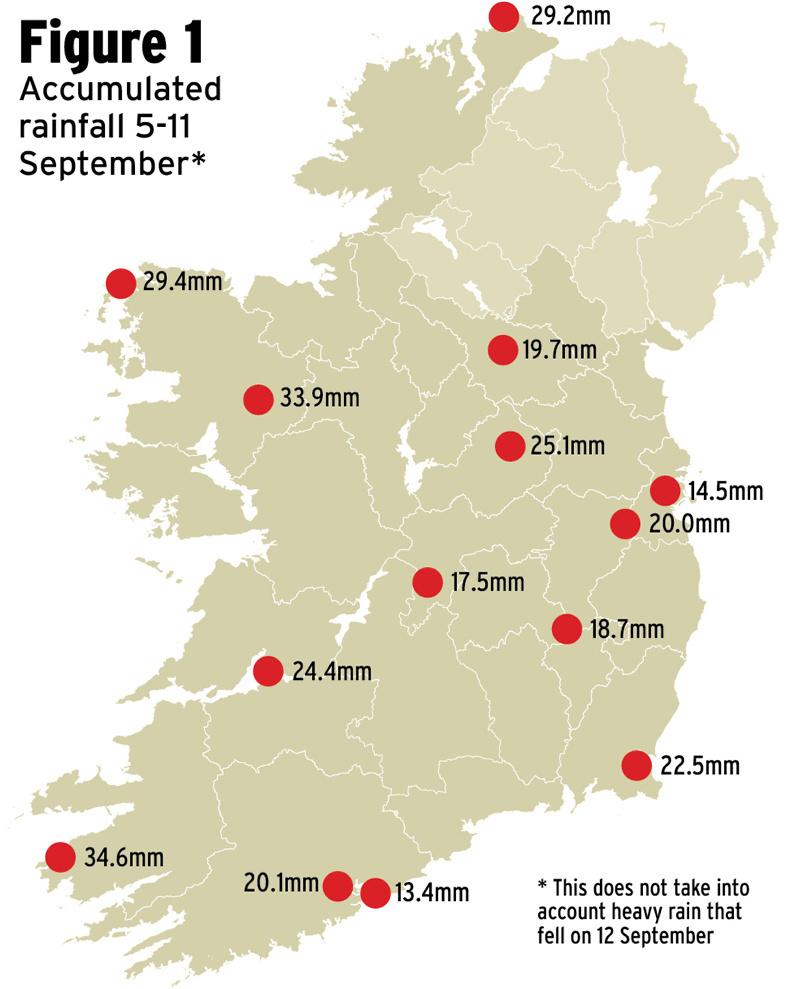
Many farms west of the Shannon do not yet have all of their second-cut silage gathered, leaving them worried about the duration of the winter. Ground which has had stock out on it is now beyond poached.
Listen to "Weather woes hitting farmers hard" on Spreaker.
After an exceptional start to the summer in May, it took a turn for the worst and has been consistently bad since then.
Farmers in Kerry received 141mm in June, farmers in Mayo were hit with 164mm in July and 199mm in August.
September has not started much better, with some 75mm having fallen in the first 12 days in parts of the west and southwest.
Met Éireann is forecasting an improvement in the conditions from this weekend.
We speak to livestock farmers along the western seaboard worst affected by the rain.
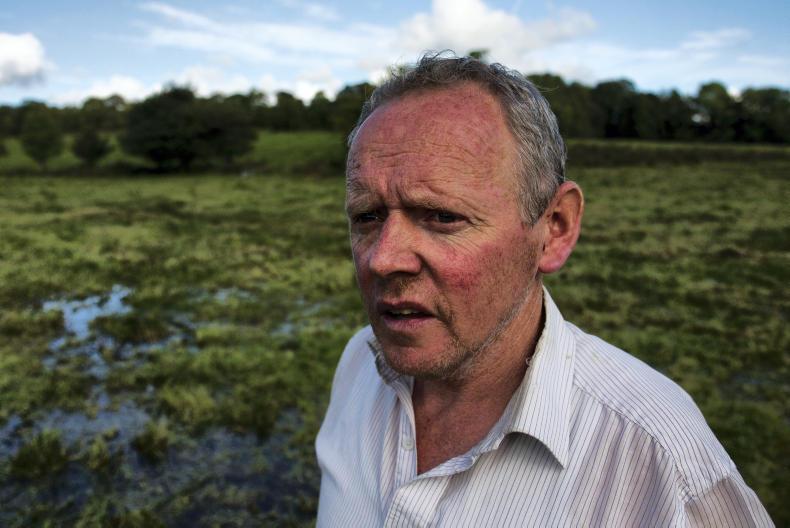
Des McHugh: Ballinamore, Co Leitrim

Des McHugh is a dairy and sheep farmer from Ballinamore in south Co Leitrim. The land around Des is very heavy and the area has been subjected to heavy and persistent rain since the end of July.
“We had two inches more rain than August 2016, which brought us 2mm short of six inches in the month of August. I did a few calculations and that comes to 5,000 gallons of water per acre per day. In Leitrim, that land is very hard to farm in that situation,” McHugh said.
“You meet farmers on a daily basis, whether it is in the livestock mart or co-op, who are frustrated. There seems to be no improvement – we’re in disaster mode,” he said.

Mattie King: Athenry, Co Galway

Beef and sheep farmer Mattie King, from Athenry, Co Galway, said it has been raining “non-stop since the Galway Races”.
King has mid-season lambs as well as a bull beef system.
Poaching
“We’ve only the lighter bulls out at grass now and they are still poaching the ground badly.
“We have plenty of grass all the time because I spread fertiliser just over a month ago. The grass is coming on strong now but we can’t get into a lot of it.
“I sowed some Typhon for the ewes but it has only grown in patches. That’s a big financial loss to us.”
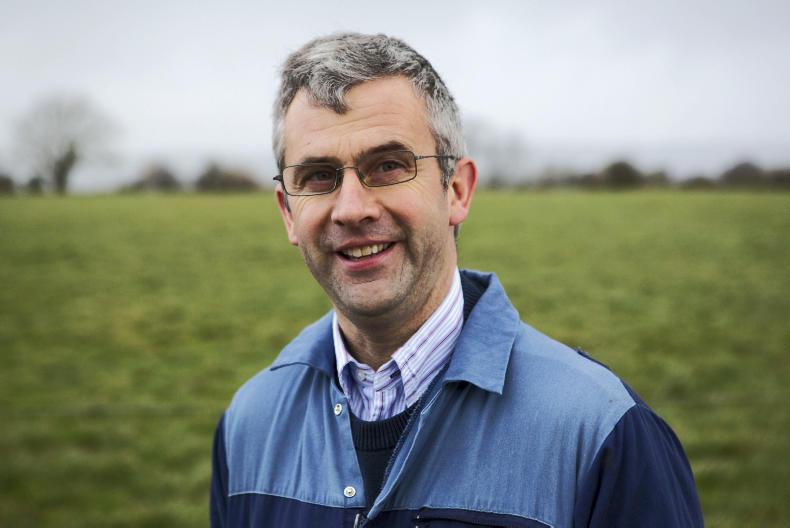
John O’Sullivan: Castleisland, Co Kerry

John O’Sullivan milks 114 cows in Castleisland. All of these are now housed day and night, having been in by night only since last week.
He even had to take the step to house some younger stock too.
“There’s a lot of water on top of the ground. I’d say if you dug down a couple of inches the soil would be OK but it just hasn’t been able to take the volume of rain that has fallen recently,” O’Sullivan said.
He said there are costs for keeping stock in.
“You have the cost of feeding silage (when they should be at grass) and then you have the cost of the hit to your milk solids too.”
O’Sullivan, who is part of the Teagasc heavy soils programme, said stock on neighbours’ farms are also doing damage to the land but both he and the neighbours are remaining hopeful and confident of an improvement in the weather.
Read more
Listen: suckler and tillage income washing away
'If this goes on for another week, it's another disaster'
Another week of heavy and persistent wind and rain battered the western half of the country this week, leaving farmers with little choice other than to house stock.
Plenty of stock had been housed in the west before the heavy rain on Tuesday, but this deluge resulted in any remaining stock on heavy ground heading indoors.
Even on the heaviest land, stock has been housed at least a month earlier than usual, putting pressure on fodder reserves.

Many farms west of the Shannon do not yet have all of their second-cut silage gathered, leaving them worried about the duration of the winter. Ground which has had stock out on it is now beyond poached.
Listen to "Weather woes hitting farmers hard" on Spreaker.
After an exceptional start to the summer in May, it took a turn for the worst and has been consistently bad since then.
Farmers in Kerry received 141mm in June, farmers in Mayo were hit with 164mm in July and 199mm in August.
September has not started much better, with some 75mm having fallen in the first 12 days in parts of the west and southwest.
Met Éireann is forecasting an improvement in the conditions from this weekend.
We speak to livestock farmers along the western seaboard worst affected by the rain.

Des McHugh: Ballinamore, Co Leitrim

Des McHugh is a dairy and sheep farmer from Ballinamore in south Co Leitrim. The land around Des is very heavy and the area has been subjected to heavy and persistent rain since the end of July.
“We had two inches more rain than August 2016, which brought us 2mm short of six inches in the month of August. I did a few calculations and that comes to 5,000 gallons of water per acre per day. In Leitrim, that land is very hard to farm in that situation,” McHugh said.
“You meet farmers on a daily basis, whether it is in the livestock mart or co-op, who are frustrated. There seems to be no improvement – we’re in disaster mode,” he said.

Mattie King: Athenry, Co Galway

Beef and sheep farmer Mattie King, from Athenry, Co Galway, said it has been raining “non-stop since the Galway Races”.
King has mid-season lambs as well as a bull beef system.
Poaching
“We’ve only the lighter bulls out at grass now and they are still poaching the ground badly.
“We have plenty of grass all the time because I spread fertiliser just over a month ago. The grass is coming on strong now but we can’t get into a lot of it.
“I sowed some Typhon for the ewes but it has only grown in patches. That’s a big financial loss to us.”

John O’Sullivan: Castleisland, Co Kerry

John O’Sullivan milks 114 cows in Castleisland. All of these are now housed day and night, having been in by night only since last week.
He even had to take the step to house some younger stock too.
“There’s a lot of water on top of the ground. I’d say if you dug down a couple of inches the soil would be OK but it just hasn’t been able to take the volume of rain that has fallen recently,” O’Sullivan said.
He said there are costs for keeping stock in.
“You have the cost of feeding silage (when they should be at grass) and then you have the cost of the hit to your milk solids too.”
O’Sullivan, who is part of the Teagasc heavy soils programme, said stock on neighbours’ farms are also doing damage to the land but both he and the neighbours are remaining hopeful and confident of an improvement in the weather.
Read more
Listen: suckler and tillage income washing away
'If this goes on for another week, it's another disaster'

















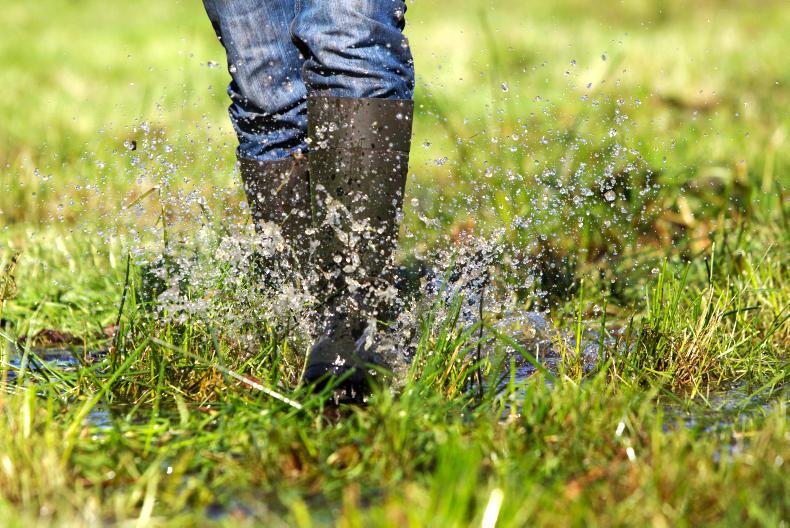
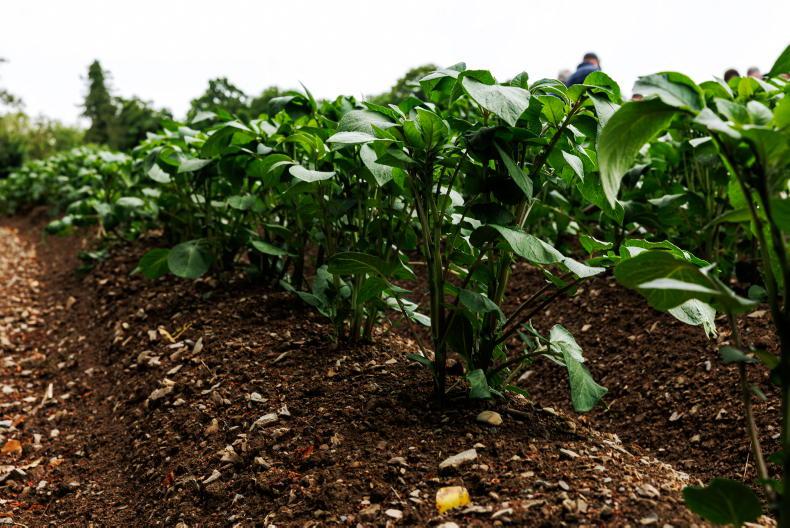
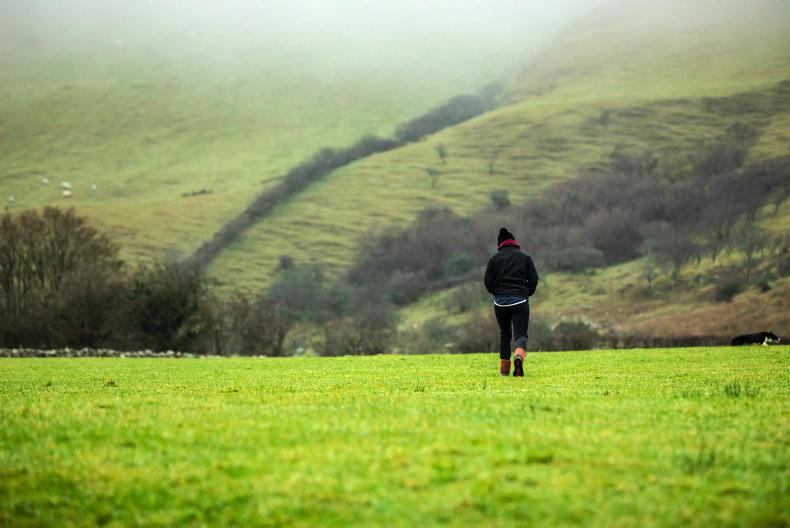
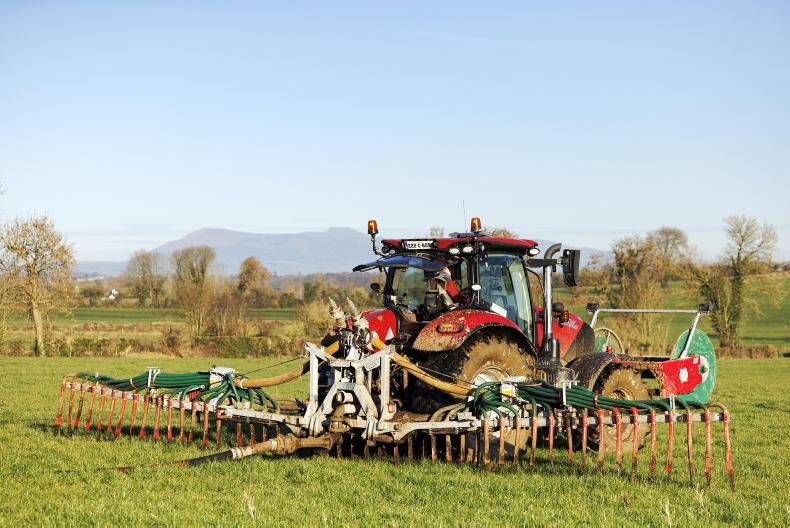
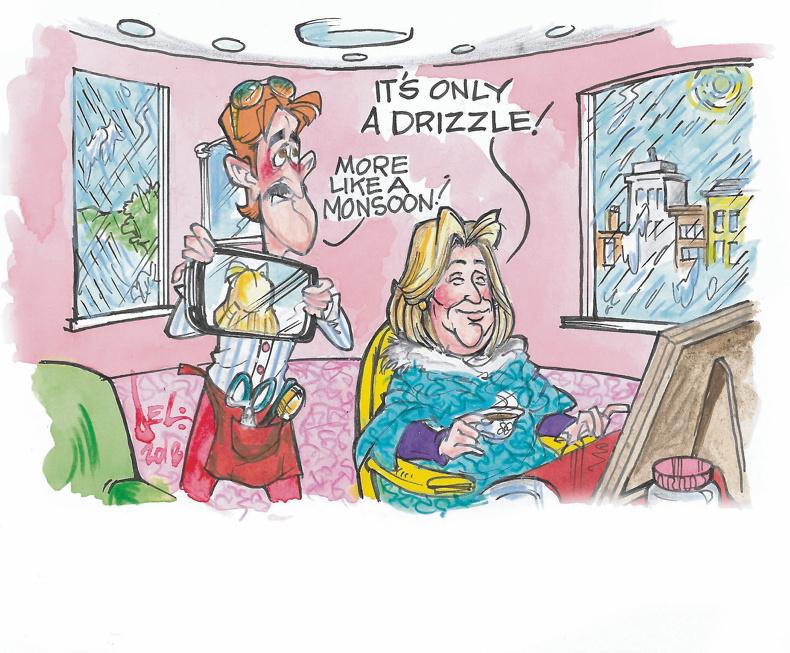
SHARING OPTIONS